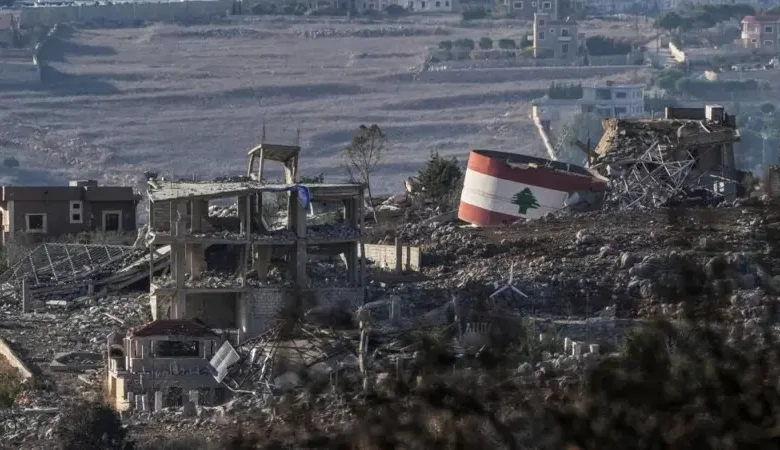

Israel’s security cabinet is due to meet on Tuesday to disuss a 60-day ceasefire deal with Hezbollah in Lebanon
Israeli troops began a land invasion of Lebanon almost two months ago, in response to almost a year of rocket attacks from Hezbollah
According to reports, the deal would see Israeli troops gradually withdraw from Lebanon, while Hezbollah would move away from the Israeli border
Last night, Israel continued its attacks on Hezbollah – Lebanese authories say at least 31 people were killed by Israeli strikes across Monday
Israel says at least 10 rockets were fired at northern Israel from Lebanon on Monday night, with two people wounded
Any ceasefire in Lebanon would not directly affect Israel’s war in Gaza, which began after Hamas launched its attacks on 7 October last year, and has seen more than 44,000 people killed.
The details of the agreement remain unclear, and it is not a done deal yet, but one of the key points seems to be how to enforce its implementation.
The proposal is based on the terms of the United Nations Resolution 1701, which ended the war between Israel and Hezbollah in 2006.
It requires, among other things, Hezbollah to remove its fighters and weapons from the area south of the Litani River, about 30km (20 miles) from the Blue Line, which is the unofficial border between Lebanon and Israel. The resolution was never fully implemented, with both sides alleging violations.
During the US-led talks, it has been made clear to the Lebanese authorities that the post-2006 situation, in which Hezbollah was allowed to build extensive infrastructure along the border, will not be repeated.
There will be more international involvement to monitor the implementation of the deal, with the US leading a five-country committee, and the UN peacekeeping force in the south will be reinforced.
During the 60-day ceasefire, the Lebanese Army is expected to boost its presence in the south. But questions remain about how they will be deployed. The military here has complained that they do not have the resources – money, manpower and equipment – to fulfil their obligations.
But it is not only about funding, which will probably come from some of Lebanon’s international allies. Will the Lebanese military confront Hezbollah if needed?
That would put Lebanese against Lebanese, which is always a risk in a country where sectarian divisions run deep. It seems there has been the acceptance by the Lebanese authorities that things must change, a diplomat told me, and there is the political will to do so.
BBC




